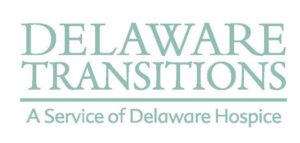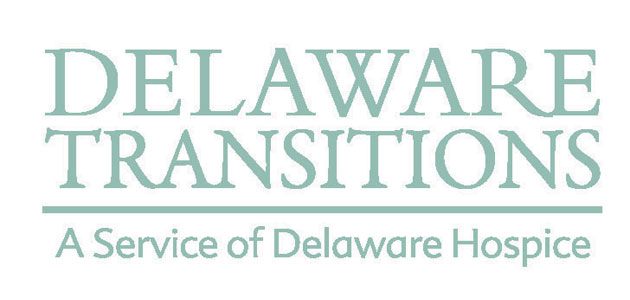This website sponsored by the National Council on Aging is set up to help you find what state, federal and local government health and financial programs are available in your area.
Long Distance Caregiving
If you are caring for someone who lives far away, these resources can help put you in touch with support services in that person's community.
Perhaps the most useful site for a long distance caregiver, the Eldercare Locator is a national service to assist people in finding the Area Agency on Aging unit for specific geographical regions (based on zip code). Enter your care receiver’s zip code and they will give you the information and referral service number for that region. The local people can talk to you about your care receiver’s needs and programs available to help. They may also know of care management programs in the community so the person you care for can get an in-person assessment. It may take the local Information and Referral Service a few days to return your call (they get lots of calls in a day), but it’s worth the wait. The Eldercare Locator website also includes informative links about other eldercare issues.
The Meals on Wheels program is designed to make sure that homebound individuals get at least one nutritious meal a day. Spouses can also receives meals delivered to the home. A daily visit from a meal deliverer also provides social contact, a hedge against isolation. Many meal deliverers are trained to recognize symptoms of problems, thus meal delivery offers some reassurance that an objective third party is touching base each day. The Meals on Wheels Association of America can tell you about the program closest to your care receiver. If the person you care for is not homebound, the Information and Referral Service suggested by the Eldercare Locator can tell you about low cost dining center meal programs.
Download a guide to choosing a home care provider. You can also locate providers near your loved one.
This nationwide service can help you locate a private, licensed professional in your community.
When you live far away, it is difficult to know if the person you care for is receiving adequate attention. Neglect is one of the more common forms of abuse. But financial abuse (being taken advantage of financially), physical and sexual abuse are also common. If you are concerned, you might wish to talk to someone at your state's help hotline. Go to the NCEA website to find the hotline number for your state. (The hotline is for discussing concerns about possible elder abuse. If someone is in immediate danger, call 911.)
Find a hospice program near your loved one by entering their state or zip code.
Please Note: Transitions does not specifically endorse the activities of any organization mentioned on this page, but offers their information as a sample of the kinds of materials and services that are available.

